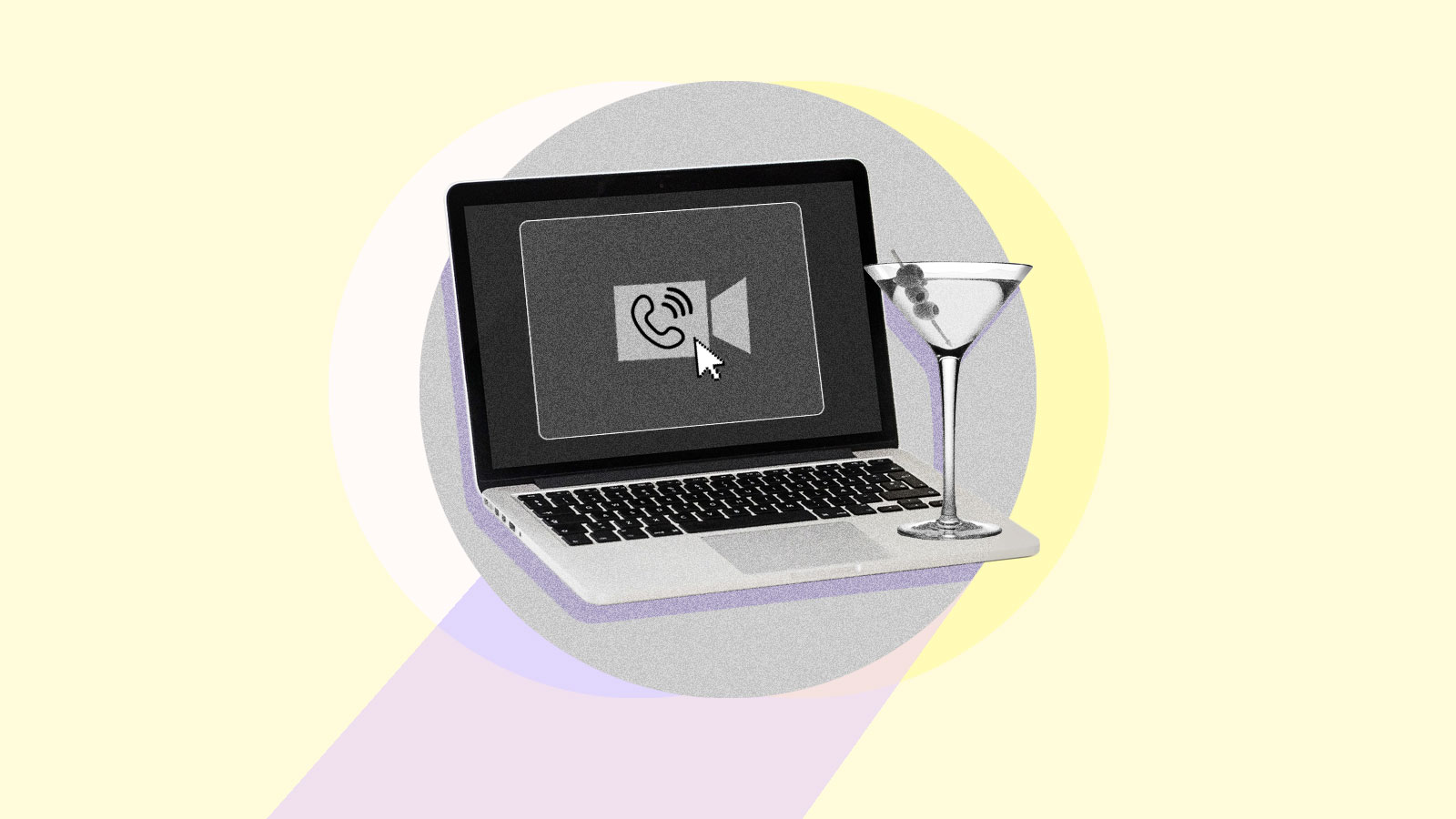This essay was first published in our semi-weekly newsletter, Climate in the Time of Coronavirus, which you can subscribe to here.
I am an introvert. I prefer calm, minimally stimulating environments. I feel drained after interacting with other people. I recharge my energy by spending time alone. At least, this was the case pre-COVID-19.
Now, I not only participate in but find myself sustained by “virtual happy hour” events. One of these, a two-hour gathering that takes place at the same time every Friday evening, is particularly nourishing. It’s a group of African-American women —although we have invited a few men into the space —with a shared passion for environmental issues and environmental justice. We are scientists, lawyers, directors, program officers, vice presidents, deans, urban planners, and more. Our experience ranges from newly starting out to recently retired. When we get together, none of those differences matter. We weren’t all acquainted before the pandemic — but that doesn’t matter, either. We are all in this together.
Most Thursdays, I feel like I am too stressed or disheartened or angry or frustrated or fearful (or any number of negative emotions) to participate in one more virtual meeting. But when Friday evening rolls around, I feel a renewed energy. I look forward to talking and smiling and lamenting with this fabulous group — as National Wildlife Federation’s Mustafa Santiago Ali calls it, the Nubian Knowledge Collective. I find that I need to talk to them, to see them, and to celebrate someone’s success — whether it’s a published blog post, an interview in a major publication, a retirement, a promotion, a new job, a birthday, the ability to juggle family and work, the ability to juggle parents and work, or just making it to Friday and to another get-together.
We spend the first hour or so just catching up and making each other laugh — we need it. We might discuss the new drink recipe someone sent or some funny story we heard. We compliment each other, straighten each other’s crown, support each other, and just are together. Then we talk about issues, about who had a bad day and why. We lament the Black condition, particularly in the face of climate change and now COVID-19. We seek advice or guidance or direction when needed. And finally, we solve all of the world’s problems.
The wealth of knowledge, experience, and love in that Zoom room smooths my feathers that were ruffled that week, calms me down, and sharpens my mental space. Most importantly, it soothes my soul and gives me the strength to make it through another week of this pandemic.
![]()
Adrienne Hollis, JD, PhD, is a senior climate justice and health scientist at the Union of Concerned Scientists.



